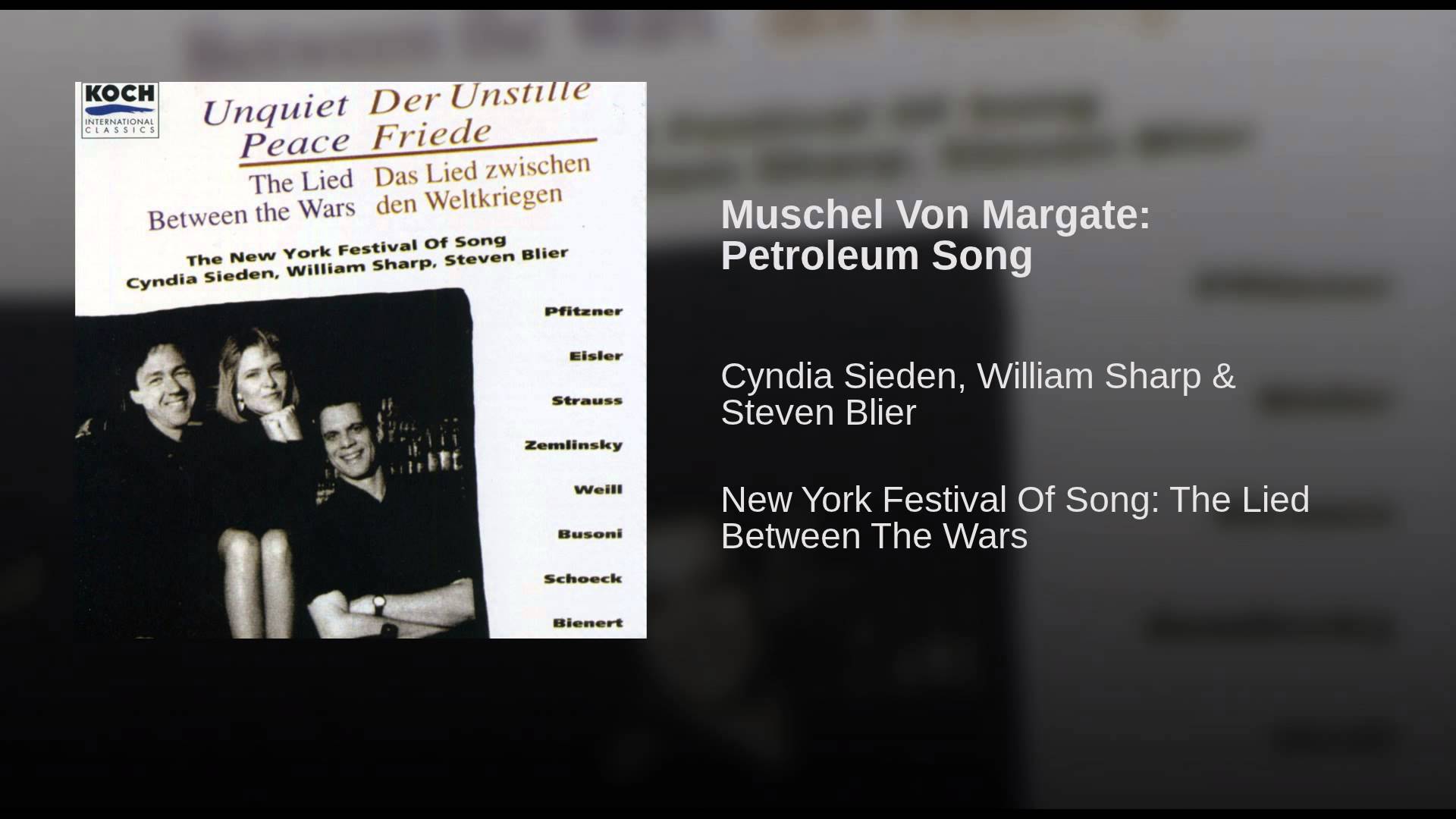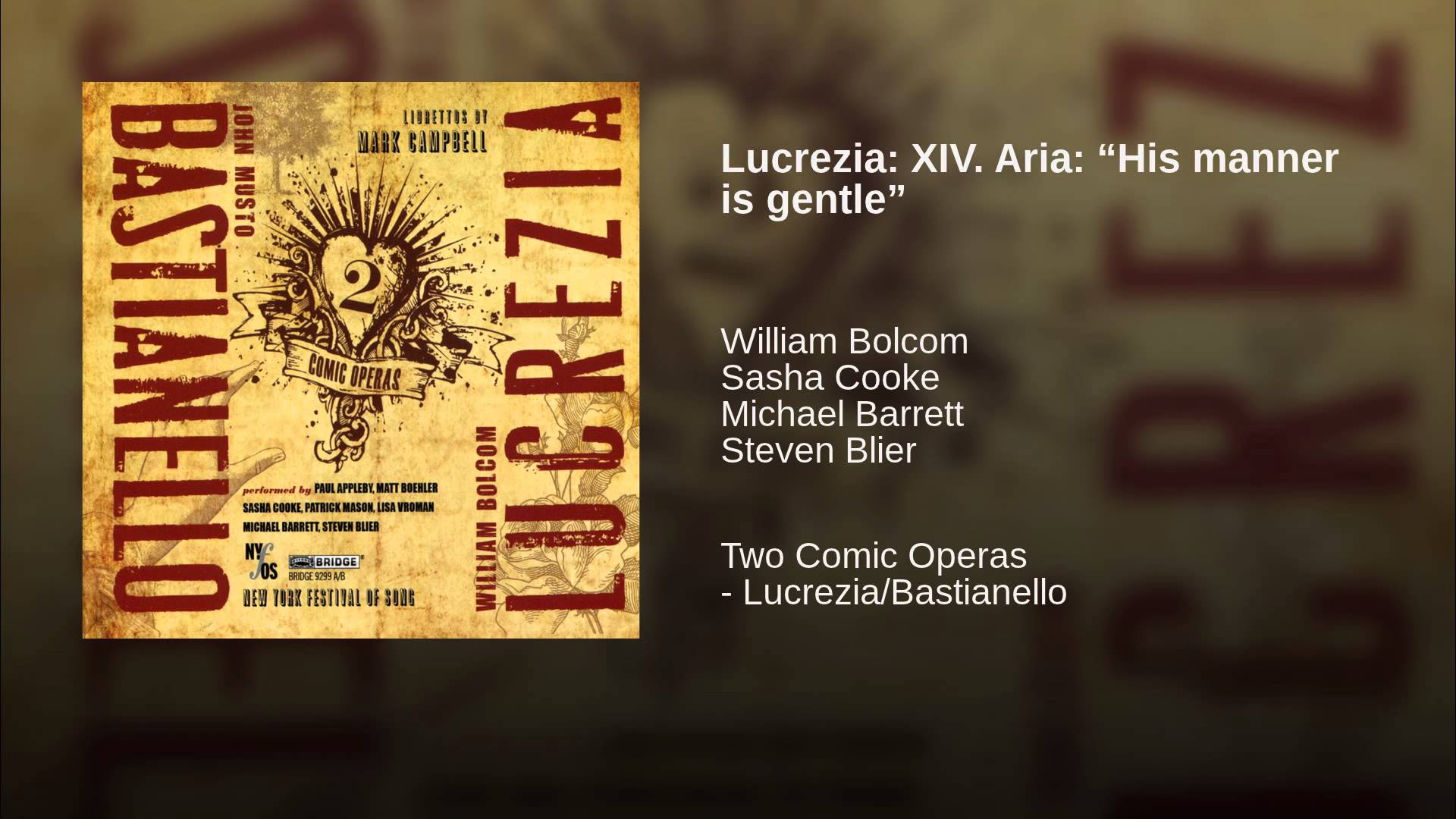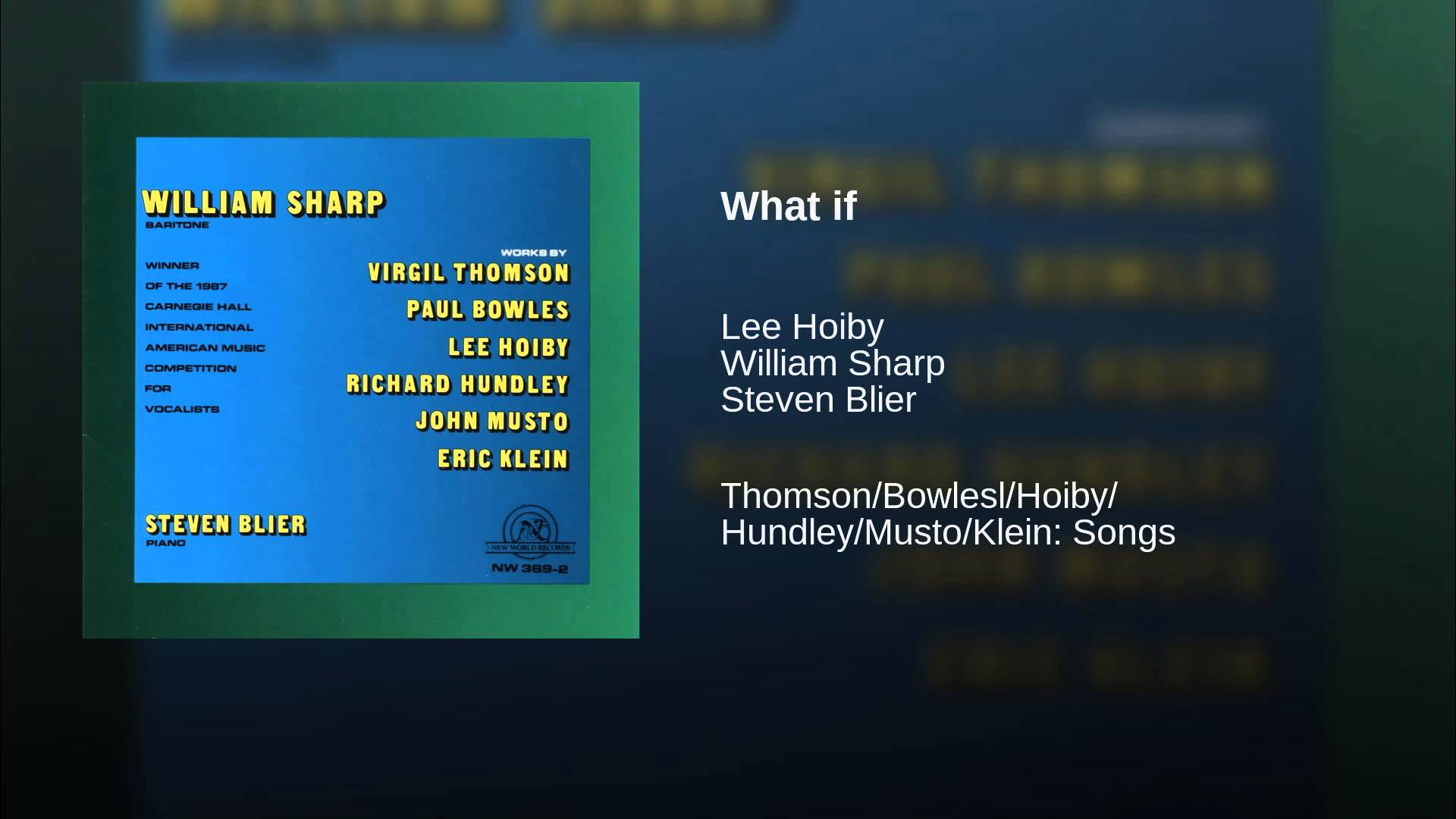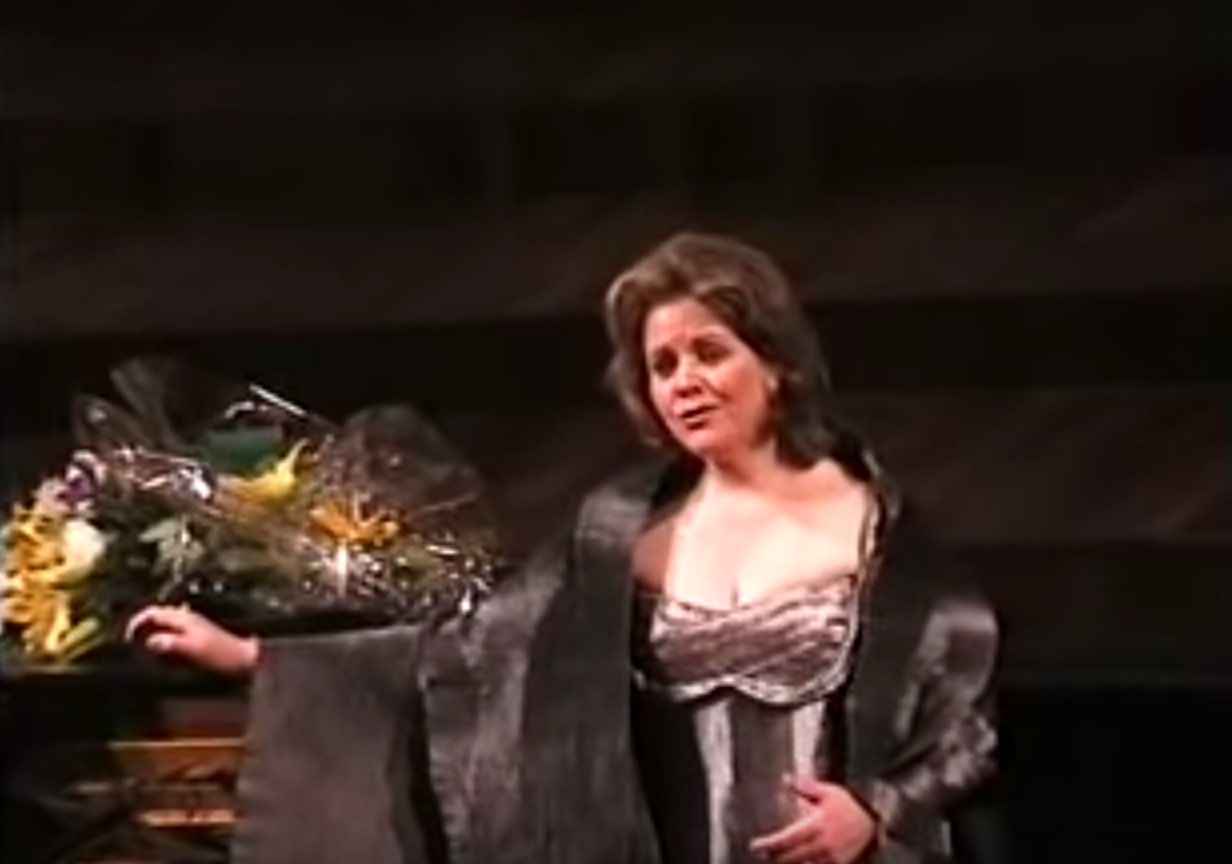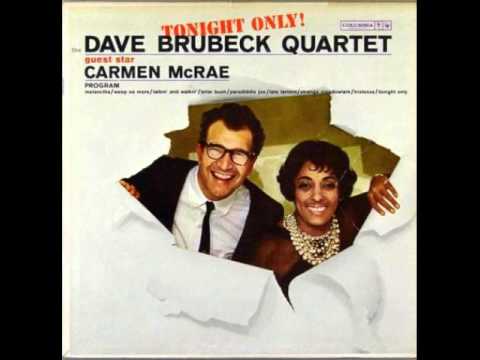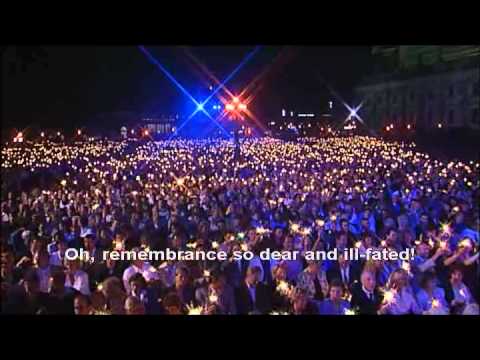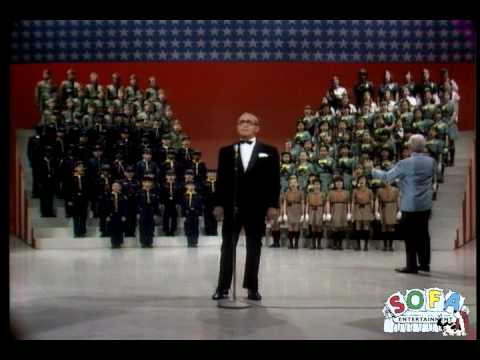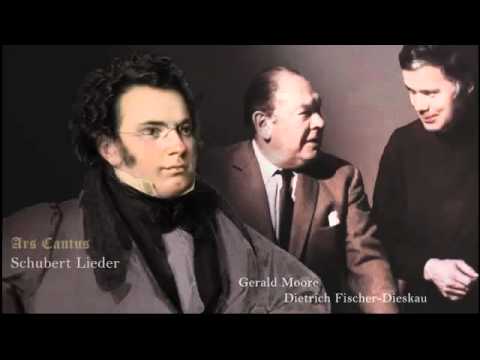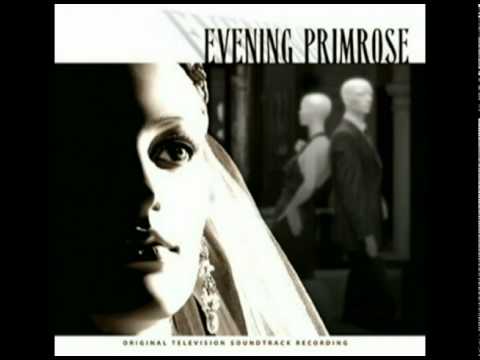Kurt Weill: Muschel von Margate
I met Cyndia Sieden outside her voice lesson at Marlena Malas’s studio in 1982. She was a breath of fresh air—guileless and smart, an unbeatable combo. We seemed to fall into one another’s confidence instantly. I was fascinated by her name, which happens to be the same as that of a character in Massenet’s opera “Le roi de Lahore.” Only…it’s the baritone role. I pulled the LPs off Marlena’s shelf to show Cyndia, and the sight of her name attached to a picture of a glowering, mustachioed Sherrill Milnes made us laugh like kids.
William Bolcom: His Manner is Gentle (from “Lucrezia”)
Sasha Cooke walked into my studio at Juilliard twelve years ago, bringing songs from Fauré’s La chanson d’Eve. My life instantly took a turn for the better. From the beginning Sasha had That Sound—I describe her voice as the love child of Janet Baker and Lorraine Hunt Lieberson—rich, intense, somehow fruity and folky at the same time. I knew I wanted to be one of her musical partners for life, also sensing that I would have to share her with a lot of other folks. (Thank God I had learned to be polyamorous as a musician.)
Lee Hoiby: What If
William Sharp has been my most enduring song partner. We met at Aspen in 1978, where he was a fellowship student and I was…whatever I was. An apprentice coach or something. The first thing I remember working on with Bill was the Act I duet from Don Pasquale, what’s known as the “Rehearsal Duet” for Norina and Malatesta. My boss Richard Pearlman, always a musical yenta, had given him a big build-up before our first meeting. This, of course, only made me more skeptical.
Puccini: Chi il bel sogno di Doretta
It is amazing what you can find on the internet. Trawling YouTube for this week’s videos, I nonchalantly typed “Blier Fleming” into its search engine. There were a few clips I already knew about, but also something I had not seen before: a performance of the Rondine aria “Chi il bel sogno di Doretta.” No pianist was listed, but it came from a concert in Barcelona’s Palau de la Música in 1999. Hmm, wasn’t that when I was in Spain with Renée, accompanied by my brother Malcolm and my newish boyfriend (now husband) Jim?
Eduardo Toldrà: Maig
So let’s start with a love story: soprano Corinne Winters, whom I first heard when she auditioned for New York City Opera. A recent graduate of AVA in Philadelphia, she sang Manon’s entrance aria “Je suis encore tout étourdie,” and the third-act Bohème aria. Her voice intrigued and puzzled me. It was dark but very free at the top. While she had the lightness to soar up to an easy high E in the Massenet piece, she also demonstrated the rich timbre of a Verdi singer.
Dave Brubeck Quartet and Carmen McRae: Take Five
Influenced by Bulgarian and Turkish street rhythms that they experienced while on a State Department tour of Eurasia, Brubeck and Desmond played with incorporating the 9/8 syncopation and minor keys they heard while overseas. It is sexy, flirty, sultry music, where you can almost see the lights dim, the room fill with smoke, and here the rocks clinking in the cocktail coming your way. But did you know the song had sultry lyrics to match the tune?
Norworth/von Tilzer: Take Me Out To the Ballgame
I love baseball. Seriously. Love. Baseball. I’m sure there are many of you who know the pure joy of sitting in the stands on a warm summer day, watching the home team play with verve and amazing athleticism, sipping an ice cold drink, and eating food that is totally deliciously bad for your waistline. And then comes the 7th Inning stretch, where everyone is encouraged to stand up and pretend to show your own hot-dog-and-beer-soaked athleticism by stretching your arms above your head. The park organ (or more likely a sound system these days, sadly) begins to play the lead in to a song that might be the most familiar of all the songs I’ve featured this week.
Verdi: Va, pensiero
There is another “unofficial anthem” that I have a great fondness for – mostly because Verdi wrote it. Italy had several National Anthems dating back to 1871, though the current anthem “Il Canto degli Italiani” was adopted in 1946 in the post WW2 declaration of the Republic. However, even before that original anthem was adopted by the Italian government, Giuseppe Verdi was writing operas that some believe were laced with some political sentiment and ideas (see “O mia patria” from Aida if you want to get a dose of that).
Berlin: God Bless America
Speaking of anthems, patriotic songs and sports events, there has recently been a bit of upheaval in the sports reporting world about the singing of “God Bless America” (or the playing of it, at least) during the 7th Inning stretch at baseball games. Major League Baseball suggested every team play the song during the stretch after 9/11 to help with healing and national unity. There are some who now feel it is a bit of overkill at this point, as it is not the official National Anthem. I would argue, we are always in need of some healing these days.
Francis Scott Key: The Star Spangled Banner
It’s vocal complexities aside, there is something that gives me great pride in hearing or singing “The Banner”. It is a song that tells a story about a scrappy, fledgling country that 38 years after declaring their independence was still fighting its way clear to freedom in 1814. Filled with anticipation; will that flag be there when the smoke clears?
Schubert: An Emma
In my search I did happen to find one song which very few people know (a YouTube search garners only a few results, for example) but I find it to be absolutely gorgeous, captivating, and original. The song is “An Emma” and it’s a beautiful example of how even a short song can take you on a journey, explore a dizzying array of ideas and thoughts, and leave you both satisfied and wanting more.
Adam Guettel: How Glory Goes
It affected me on some sort of primal level (as music often does). But now that I’ve lived a bit longer, been very close to death, wondered about life and existence in a way that one only can when one sees the light die from someone’s eyes… well, now I think the song is just damn incredible.
Ravel: L’indifferent
“L’indifferent” is argubly the least well known of Ravel’s three songs that make up his masterpiece Sheherezade. Even so, it garners a good deal of speculation as to the nature of the poem and seems both musically and poetically shrowded in mystery.
Sondheim: I Remember Sky
This song has long been a favorite of mine. It comes from a made for TV film called Evening Primrose which is in no way Stephen Sondheim’s finest, but this song is a gem. For me, it was an incredibly important song in my development as a singer because it taught me how to develop the arc of a song.
The Dresden Dolls: Sing
I’ve been a fan of Amanda Palmer’s deep androgynous voice for a while, but it’s her fearlessness as an artist, entrepreneur, and musician that I think truly sets her apart from the rest of the bunch. In “Sing” she calls upon everyone to communicate in a way “that’s like touching except you don’t touch” and like “talking except you don’t talk. You sing.”


